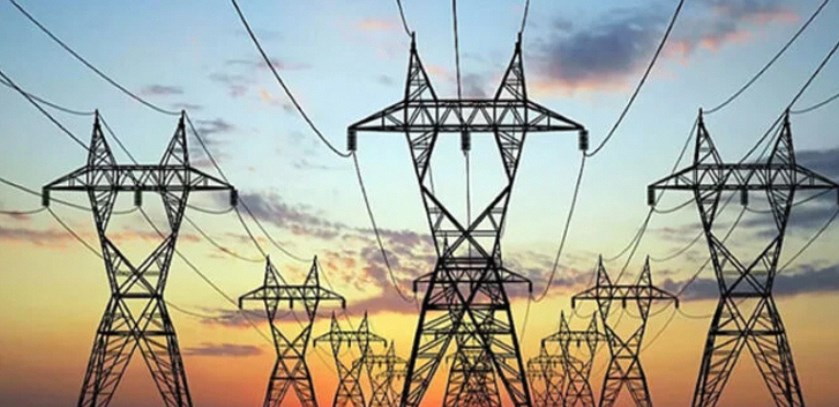
Power Sector Subsidies Surge by 400% in Five Years: World Bank Report
A World Bank report released on October 17, 2024, revealed that subsidies in Pakistan’s power sector have surged by an astonishing 400% over the past five years. The report, which analyzes the country’s energy sector dynamics, highlights the growing burden of subsidies on the national economy, with costs ballooning due to inefficiencies, mismanagement, and rising energy prices.
The report identifies several factors contributing to the surge, including outdated power infrastructure, delays in renewable energy projects, and the increasing reliance on expensive imported fuel. The subsidies are largely aimed at keeping electricity prices affordable for consumers, but they have resulted in an unsustainable fiscal strain. According to the World Bank, Pakistan’s energy subsidy bill now accounts for nearly 2.5% of its GDP, a figure that has alarmed financial experts.
The report urges Pakistan to undertake comprehensive reforms in the energy sector, including better management of distribution companies, investment in renewable energy, and the gradual phasing out of subsidies. It warns that without these measures, the country’s economic recovery could be at risk.
Government officials acknowledged the findings, but emphasized that reducing subsidies too quickly could exacerbate the financial pressures on lower-income households. Energy Minister Khurram Dastgir stated that while reforms are necessary, they must be implemented in a way that balances fiscal responsibility with the needs of Pakistan’s poorest citizens.







